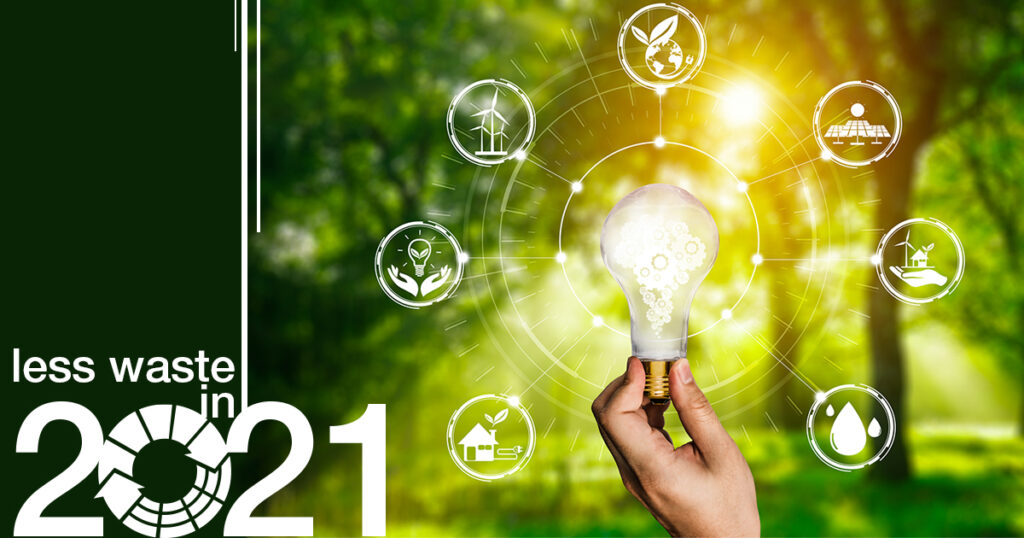One of Fast Company’s recent articles discusses circular economy in trends in 2021— let’s talk about some of them.

First, a vocabulary lesson. Closed loop is the process of reclaiming used materials and reusing them in new products. For example, Petoskey Plastics does this when we partner with customers to collect their used plastic. We take it to our recycling facility in Hartford City, Indiana to be reprocessed into new plastic resin pellets that are then added into new 3-layer products.
As the Fast Company article discusses, closed loop projects are becoming more popular among well-known brands. What’s great about the expansion of closed loop programs is that materials that are sometimes just treated as waste are instead taken and reused again and again. This lessens the production of virgin materials while also decreasing the amount of landfill-bound waste.
This is a big deal in the plastics industry, because, as we all know, there is an issue with the way plastic is disposed after use. Issues like plastic in waterways can be addressed in part when more manufacturers adopt closed loop practices. Setting up buy-back or recycling programs allow partners a way to sustainably pass along materials instead of sending them to landfills.
With the adoption of closed loop practices, the use of sustainable packaging that is easier to recycle and made with a high percentage of post-consumer recycled plastic will be more common. Along that vein, ideally there will be an increase of products that are designed with the purpose of being recycled. Some footwear brands, like Adidas, have already taken on this challenge, and it will be interesting to see how other industries and products contribute ideas and solutions.
Aside from producing materials in a closed loop, measuring sustainability and encouraging partner companies to be sustainable is becoming expected widely. Greencore® customers can receive a scorecard that lays out how much impact their purchase of recycled film and bags had in understandable measures like “miles not driven,” “gallons of water saved,” and more. Becoming more sustainable takes a lot of effort, so it’s nice to work together and be reminded that the results are worth it.
Another example of working together for sustainability is The Coca-Cola Company partnering with competitors like PepsiCo and Keurig Dr Pepper to promote closed loops and plastic collection.
And speaking of Coca-Cola®, the company just recently announced that a selection of their bottles will be made from 100% recycled plastic content. This is great news, as Coca-Cola® bottles are commonly part of waste found in waterways.
We look forward to watching as many industries, including plastics, make strides in becoming more sustainable.
